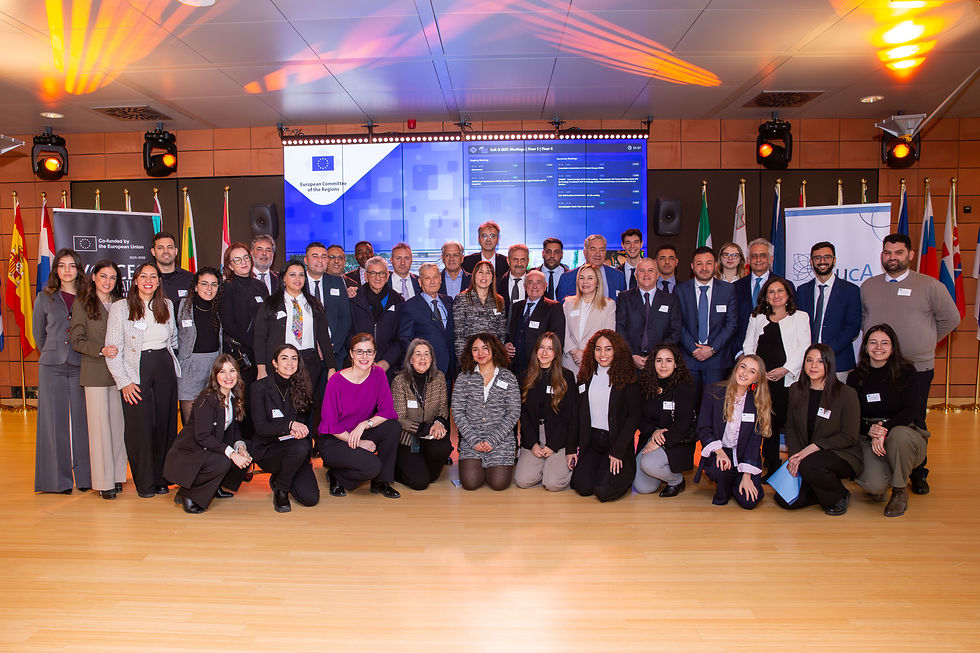VOICES From Migrations | Tarek Morad's story
- Changemakers
- Jun 23, 2025
- 2 min read
Updated: Aug 12, 2025
“VOICES From Migrations” is a project co-funded by the European Union exploring untold migration stories. Tarek Morad is 57 years old and moved from Syria to Belgium in 2011. This is his story.

“My name is Tarek Morad, and I am from Syria.
Music has been part of me since I was five. I remember listening to old cassettes my father played. I had no teacher; I taught myself music and never stopped. Even now, music lives in me. It follows me wherever I go.
In Syria, I lived in the east, in Qamishlo. Then, later on, I moved to Damascus. In 2011, I came to Belgium. Some of my family members had already been here for decades. At 43, I left everything behind and started over. I tried to find work, but the language was a barrier. Throughout everything, I kept singing. My music, my playing - these have been with me since childhood. So I kept singing.
My early days in Belgium were heavy. I was tired. I struggled. I cannot share everything; it’s too personal. But I was close to giving up. Then, one woman helped me. She changed everything in my life. To this day, I am grateful to her for changing my life for the better.
I’ve lived much of my life alone. No family here, no children. But I have music. And I have dreams. One day, I hope to build a music center on the floor of this building [at the European Institute of Arab Culture]. I would build a home for 50 musicians, a space to create, perform, and live freely.
Belgium is in my heart now, just like Syria. Not everything here is easy. Life is expensive. But the people - especially Belgians - have shown me kindness. The woman who helped me was Belgian.
If I could give advice, I’d say: seek love. Listen deeply. Because what we all need is not just a country or a job. It’s to be seen and to be respected.”
Interview conducted by: Hinda Farhat, Ömer Güzel, André Gameiro dos Santos, and Claudia Castel
Read the article in My House of European History:

Funded by the European Union. Views and opinions expressed are however those of the author(s) only and do not necessarily reflect those of the European Union or the European Education and Culture Executive Agency (EACEA). Neither the European Union nor EACEA can be held responsible for them.



Comments